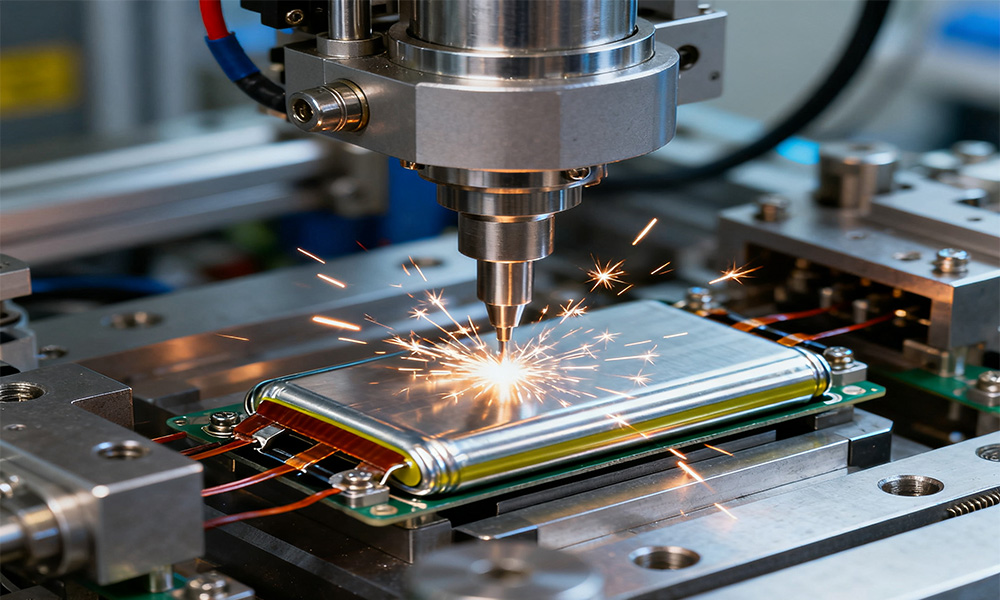If you’ve ever watched a city wake up before sunrise—streetlights dimming, buses humming, e-bikes whirring down the empty roads—you’ve witnessed the quiet rhythm of lithium. Somewhere deep in those humming machines is the work of people who spend years perfecting how to hold and release electrons efficiently, safely, and endlessly. We call them lithium battery makers, but that’s just the surface.

In reality, they’re modern-day alchemists. They don’t turn metal into gold—they turn metal into movement.
A Race Beneath the Hood
The story isn’t about one or two companies anymore; it’s an ecosystem war. Factories are mushrooming across continents, each trying to solve the same question in different ways: How do we make a battery that’s lighter, safer, cheaper, and lasts longer?
Some focus on refining chemistry—tweaking ratios of nickel, manganese, cobalt, or removing them altogether. Others double down on scalability: automated lines that can churn out gigawatt-hours of cells without missing a beat.
But behind that, there’s a quiet pressure. Governments want local supply chains. Car makers demand faster charge times. Energy storage companies push for longevity over power. Every maker is caught in a tug-of-war between innovation and production cost.
Beyond the Battery Pack
A lithium cell is never just a cell. It’s part of a much larger system—a breathing organism made up of materials, data, and policy.
The raw lithium doesn’t come from nowhere; it’s mined, shipped, purified, and molded through a dozen human hands before it even reaches a factory. The graphite in the anode, the separator film thinner than a hair, the electrolyte solution that decides safety—all these come from specialized industries orbiting around the main players.
So when people talk about who “leads” the lithium battery market, it’s not really about who builds the most cells—it’s about who controls the flow of raw materials, who designs the most efficient pack, and who has the political leverage to secure next year’s supply.
Innovation vs. Scale
There’s a strange paradox in this industry: the most innovative minds often don’t have the biggest factories.
Small teams experiment with new chemistries—solid-state, sodium-ion, graphene-enhanced—but can’t yet mass-produce them. Meanwhile, industrial giants are running at full tilt, betting on proven formulas because the market doesn’t forgive failure at scale.
It’s like two races running side by side: one for discovery, one for domination.
And the finishing line keeps moving.
The Global Balance
China’s dominance in production is no secret—years of infrastructure investment and supply chain control have built a gravity well that’s hard to escape.
But the U.S., Europe, and parts of Asia are catching up, not necessarily by copying, but by reshaping what “local manufacturing” means.
Factories are being built next to car plants. Recycling centers are sprouting beside ports. Some nations treat battery plants like oil refineries—strategic assets tied to national energy independence.
The global competition isn’t just economic anymore; it’s geopolitical. Whoever controls lithium controls mobility, and whoever controls mobility controls the pace of the modern world.
From Storage to Story
Every battery tells a story—it remembers how it was charged, when it was overheated, and how it slowly aged. But so does the industry. It remembers early failures, exploding prototypes, and quiet breakthroughs hidden in cleanrooms.
The new wave of lithium battery makers is more than just manufacturers; they’re data-driven storytellers. They monitor every cycle, every ion, turning the invisible dance of electrons into graphs, dashboards, and predictions. Energy is no longer just stored—it’s interpreted.

Looking Forward
If the last decade was about scale, the next will be about intelligence.
Smart batteries that talk to the grid. Modular systems that adapt to temperature and demand. Closed-loop recycling that gives old batteries a second life in homes or solar farms.
In this world, “lithium battery makers” may soon evolve into “energy architects.” They won’t just build cells—they’ll design ecosystems, integrating chemistry, AI, and sustainability into a single narrative.
The competition will be fierce, but the outcome is clear:
Energy independence will no longer come from digging deeper—it will come from thinking smarter.


Leave a Reply